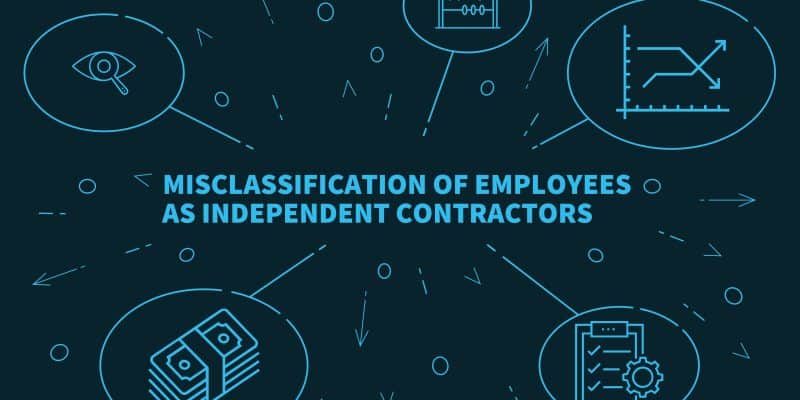KTTN News
June 16, 2023
U.S. District Judge Henry E. Autrey on Thursday sentenced a former construction company owner to 18 months in prison and a $100,000 fine for committing fraud to qualify for tax abatements designed to encourage minority-owned businesses in St. Louis.
Brian Kowert Sr. “engaged in an elaborate ‘pass through’ fraud scheme where he used an elderly Black contractor solely to pass company checks through to the non-minority subcontractors who Kowert hired to do the actual work and supply the actual materials on the project,” Assistant U.S. Attorney Hal Goldsmith wrote in a sentencing memorandum. Kowert also knew what he was doing was wrong, as he committed a similar Minority Business Enterprise fraud 17 years ago, Goldsmith wrote.
Kowert was co-owner and chief operating officer of Clayton, Missouri-based HBD Construction Inc. at the time, and was acting as the project manager for the renovation and redevelopment of a building for Greater Goods LLC on Chouteau Avenue in St. Louis. Kowert and Charles Kirkwood, the owner of Midwestern Construction, a company that was a Minority Business Enterprise, agreed to falsely list Kirkwood’s company as providing materials and performing work on the project. Kirkwood’s participation allowed the project to satisfy St. Louis requirements for 25% participation by MBEs to qualify for a 10-year tax abatement.
The MBE participation requirements seek to address historical social and economic disadvantages experienced by minority group members and to reduce minority-based barriers to and foster participation by minority-owned businesses in city contract opportunities.
Kowert issued duplicate subcontracts to Kirkwood’s company for work that was performed and materials that were supplied by two other non-MBE companies. Kowert also issued a duplicate HBD purchase order to Kirkwood’s company for materials provided by a third non-MBE company. Kowert submitted a false chart of projected costs for the redevelopment project to the St. Louis Development Corporation, the city agency charged with reviewing, approving and recommending tax abatements. The chart falsely listed Kirkwood’s MBE company as providing labor and materials valued at approximately $198,000 on the Greater Goods redevelopment project and concealed the involvement of the three non-MBE companies.
Beginning on August 4, 2020, Kowert caused 14 HBD checks worth a total of about $220,000 to be issued to Kirkwood’s company for the work performed and materials provided by the three non-MBE companies. Kirkwood deposited those checks into his company bank account and then issued checks to the three non-MBE companies, at Kowert’s direction.
Kirkwood was paid approximately $2,000 by Kowert for his role in the criminal scheme.
Kowert and HBD then caused a false application for tax abatement on behalf of the Greater Goods redevelopment project to be submitted to the St. Louis Development Corporation. The application falsely represented that Kirkwood’s MBE company had performed about $224,361 in project costs, comprising about 6 ½ % of the required 25% MBE participation in the project.
Greater Goods and its employees had no knowledge of Kowert’s scheme. His actions cost the company, which donates a significant share of its sales revenues to charities, a tax abatement of approximately $400,000 over ten years. As a result, the company was not able to carry out various projects and meet certain charitable goals, Goldsmith wrote in the memo.
The scheme also had consequences for the MBE program.
“Mr. Kowert’s actions have harmed SLDC, undermined the City of St. Louis’ MBE Program, and caused substantial injury to the duly certified and struggling minority-owned firms in the St. Louis region,” Neal Richardson, president, and CEO of SLDC wrote in a letter to Judge Autrey.
Kowert pleaded guilty in January to two counts of wire fraud.
The case was investigated by the FBI. Assistant U.S. Attorney Hal Goldsmith is prosecuting the case.










